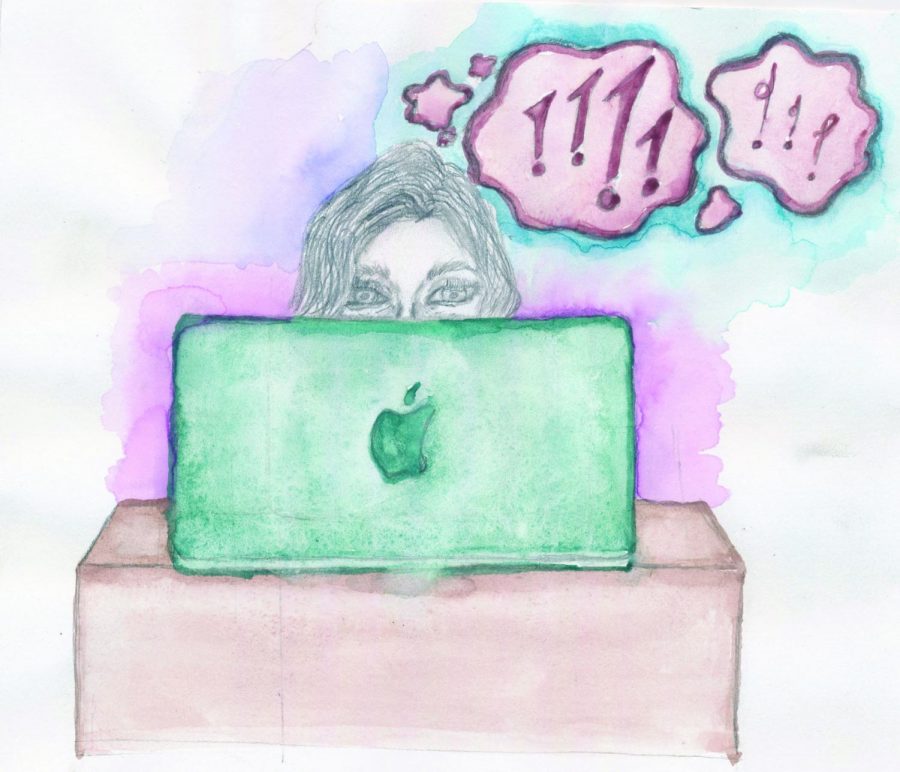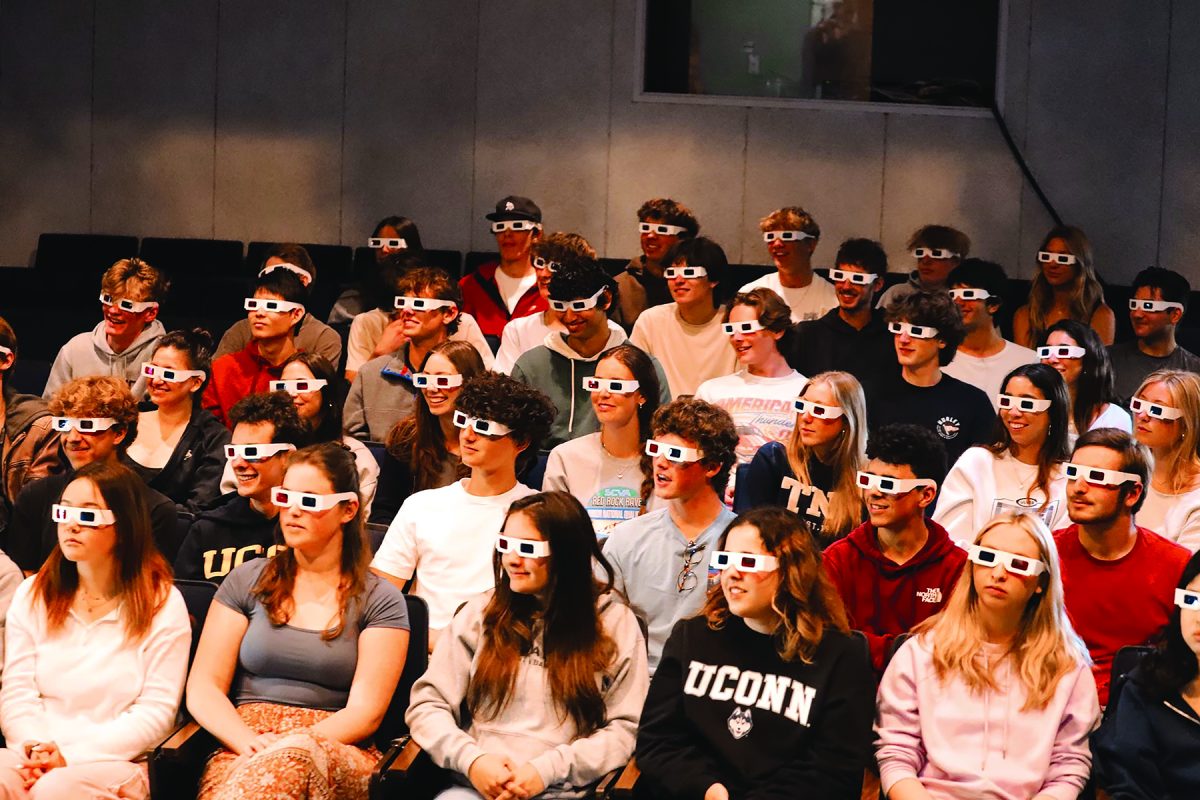Quarantine’s Effect on Students
During COVID-19 students have had to adjust and readjust their routines, schedules and social situations, which has contributed to the downfall of their mental health.
December 1, 2020
The teenage brain is complex. Our minds are still developing, making us overly emotional, and changing the way we think. Social interactions, establishing relationships, and having healthy routines are just a few of the many essential things that this pandemic has made complicated for us.
At first, we celebrated the lack of school and the few weeks we got off without worrying, but those weeks turned into many months, and the toll quarantine has taken on our generation is monumental.
Being locked in our homes and learning how to socialize online has driven our society into a depressed state. Being able to interact with people and go to school is now a privilege.
Social media has become our only way to interact with our peers, causing the time students are behind screens to rise even more.
A majority of students have expressed that their poor mental health is, in fact, due to the extreme state our world has been in these past few months. Students have had to adjust to the online learning environment, and it has not been easy.
Learning how to learn online has been a struggle for all students. The overload on assignments and the sleepless nights are even more challenging for students to cope with because of the constant use of screens.
Not only have we had to adjust to the social aspects of the pandemic, but we have also had to adjust to the world of classrooms online. The shift affects each person differently, but overall the adjustments have fed to the downfall of our generation’s mental health.
Students have struggled with staying focused while attending their classes. “As far as staying motivated – I have no tips. I can’t sit still for more than 20 minutes, and I don’t process anything via Zoom” (Student 23’).
Zoom fatigue is a common side effect of online classes, causing students to feel drained and tired after classes.
An article published by the Harvard Business Review, “How to Combat Zoom Fatigue,” has shown that taking several breaks between zooms to move around and refresh can quickly help stimulate your mind.
Getting used to online classes is a process, “this is because having to engage in a ‘constant gaze’ makes us uncomfortable — and tired. In person, we can use our peripheral vision to glance out the window or look at others in the room” (Harvard Business Review).
Our generation has been on an endless roller-coaster ride through emotional and social adjustments. We have all grown individually and together, making us stronger than ever. Though the battle continues, we have learned more about life in quarantine than we could have imagined.







